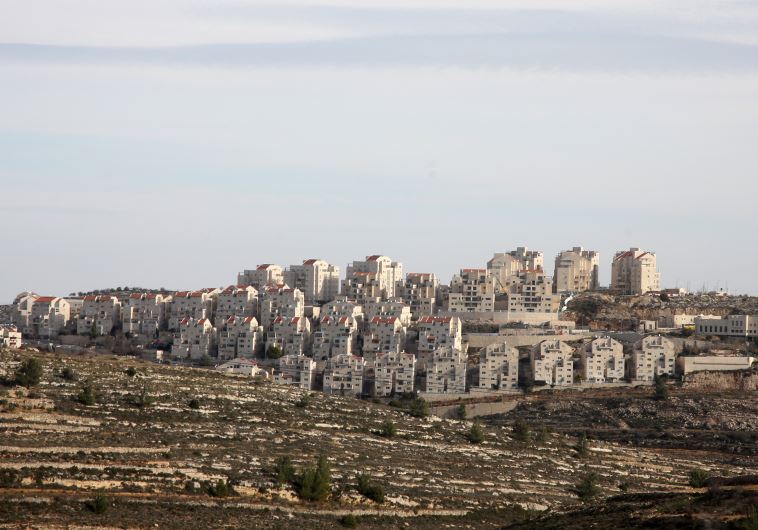White House warns against ‘expansion of settlement activity’
179 homes retroactively legalized in Ofarim, plans advanced for 234 units in Elkana • 50 other homes approved.
 Efrat settlement, West Bank(photo credit: MARC ISRAEL SELLEM/THE JERUSALEM POST)Updated:
Efrat settlement, West Bank(photo credit: MARC ISRAEL SELLEM/THE JERUSALEM POST)Updated: